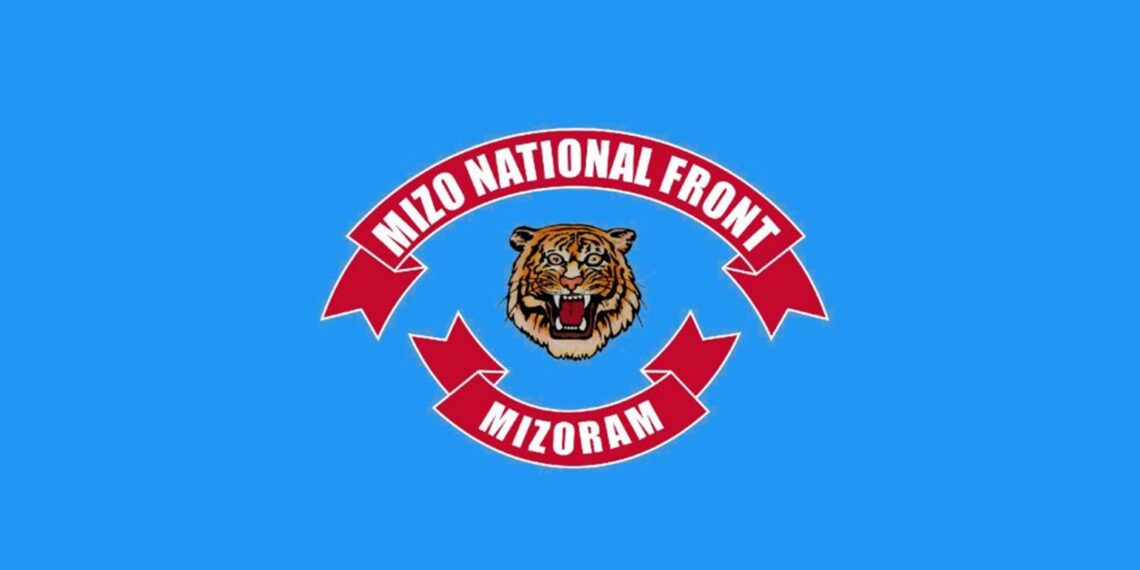AIZAWL: The autonomous council of Mizoram finds itself in a state of deep uncertainty and political turmoil following a significant leadership shake-up.
This upheaval was triggered by the removal of the Mizo National Front (MNF)-led administration, which had been under the leadership of Chief Executive Member (CEM) Rasik Mohan Chakma.
The leadership crisis escalated when a no-confidence motion was tabled and passed on December 11, leading to Chakma’s ousting.
The motion, reportedly fueled by discontent among council members over leadership decisions and administrative policies, has created a ripple effect across the council’s operations.
The removal marks a turning point, as it not only brings an end to Chakma’s tenure but also raises broader questions about political stability and governance in the region.
In the aftermath of the no-confidence vote, the council’s proceedings have largely been paralyzed, with critical administrative functions and decision-making processes grinding to a halt.
This political deadlock has left both officials and constituents concerned about the future trajectory of the council and the delivery of essential services.
Observers and stakeholders alike are keenly watching the evolving situation.
Political analysts suggest that the vacuum in leadership may create an opportunity for new alliances to emerge, while others warn that prolonged instability could have far-reaching consequences for governance, regional development, and public trust in the council’s ability to function effectively.
Amid these challenges, efforts to resolve the leadership crisis remain a focal point.
Whether through the appointment of new leadership, consensus-building, or further political maneuvering, the coming days are expected to shape the council’s future in significant ways.
Until then, the uncertainty continues to loom large, casting a shadow over the council’s ability to fulfill its responsibilities and maintain order in the region.















